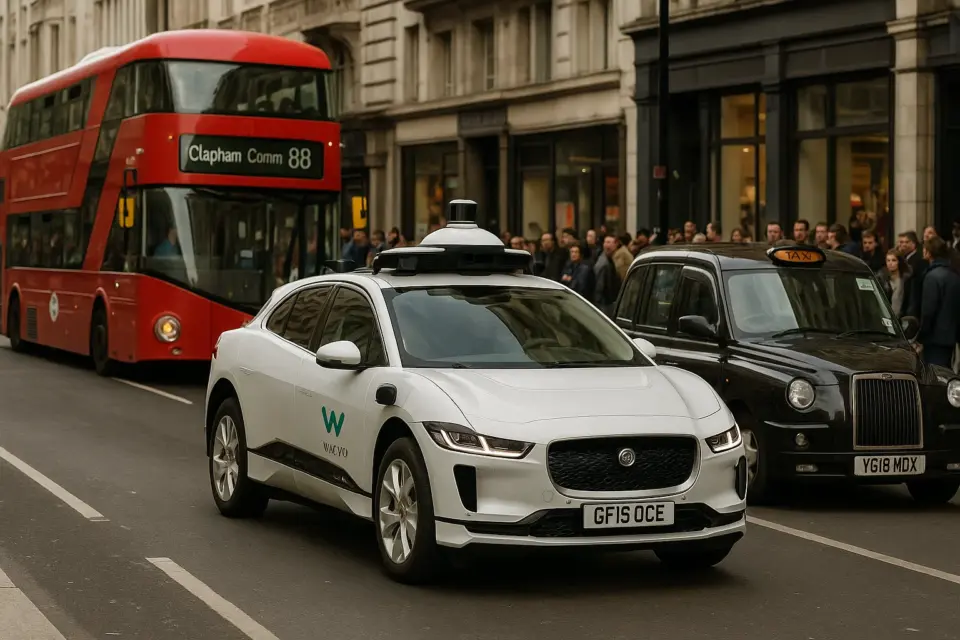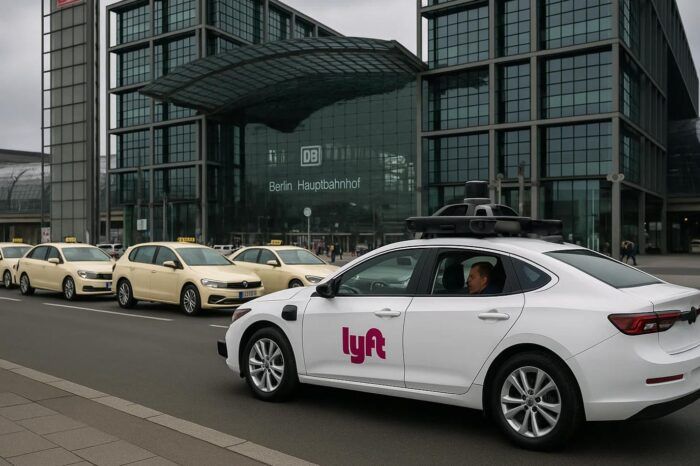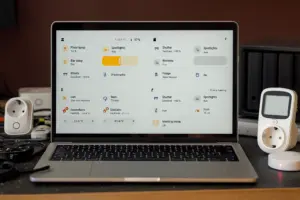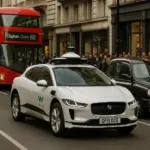Waymo launches robotaxi service in London: Alphabet subsidiary brings autonomous vehicles to Europe

Following Baidu and Lyft, Waymo is now planning its own move into the European market. According to a report by the Wall Street Journal, the Alphabet subsidiary intends to deploy autonomous taxis in London starting in 2026. This would mark Waymo’s first market launch outside North America and Japan – and another step in the global race for driverless mobility services.
Waymo announced that within the next few weeks, the first Jaguar I-Pace vehicles equipped with its “5th Generation Waymo Driver” technology will begin mapping London’s streets. Initially, the cars will be driven by human safety operators to collect data and map the city’s complex road network. The official launch of fully driverless operations is planned for 2026.
London is known as a particularly challenging environment for autonomous systems: narrow medieval streets, roundabouts, bus lanes, dense bicycle traffic, and heavy pedestrian flows. Nevertheless, Waymo calls the upcoming rollout a “key milestone” on its path toward international expansion.
Competition from Uber and Wayve
Uber also plans to launch a robotaxi service in London – in partnership with British AI startup Wayve. Wayve is already testing Ford Mustang Mach-E vehicles equipped with its self-driving technology and human safety drivers on London streets. The company relies more heavily on artificial intelligence (AI) rather than detailed HD mapping and is backed by investors such as Microsoft, SoftBank, and Nvidia.
The rivalry among these providers could significantly reshape London’s mobility landscape. According to city data, there are currently around 14,000 licensed black cabs compared to about 96,000 private hire vehicles – including Uber. A decade ago, the city still had more than 22,000 traditional taxis.
Political tailwind from Westminster
The UK government is actively supporting the introduction of autonomous vehicles. A legislative plan presented in June 2025 outlines pilot projects starting in spring 2026 and full legalization in 2027. The goal is to make the UK a more attractive destination for technology-driven investment.
This puts the country well ahead of many EU member states, which have been more cautious in regulating automated driving. European pilot projects, such as those by Volkswagen and Mobileye in Hamburg, are still in the testing phase.
Background: Robotaxis gaining momentum in Europe
In August 2025, WeSpeakIoT reported on the plans of Lyft and Baidu to launch fully autonomous vehicles in Europe by 2026. Waymo’s newly announced expansion shows that competition in this field is accelerating rapidly.
Skepticism among London cab drivers
The city’s cab drivers remain unconvinced. Steve McNamara, General Secretary of the Licensed Taxi Drivers Association (LTDA), told the Wall Street Journal he had “no confidence” in the software being smart enough to operate safely in such a complex city environment. Although the number of black cab drivers has declined sharply in recent years, McNamara expects the figure to stabilize.
With Waymo’s entry into the European market, the race for autonomous mobility services enters a new phase. London will serve as a testing ground for technological performance, social acceptance, and regulatory adaptation. The outcome could set a precedent for the broader European market – particularly for Germany and France, where similar projects are being prepared.
Summary (tl;dr)
- Waymo to launch autonomous taxis in London in 2026 – its first operation in Europe.
- Partnerships by Uber and Wayve intensify market competition.
- UK government fast-tracks legislation for self-driving vehicles.
- Traditional London black cabs continue to decline in number.
- London becomes a testing ground for Europe’s robotaxi future.

















